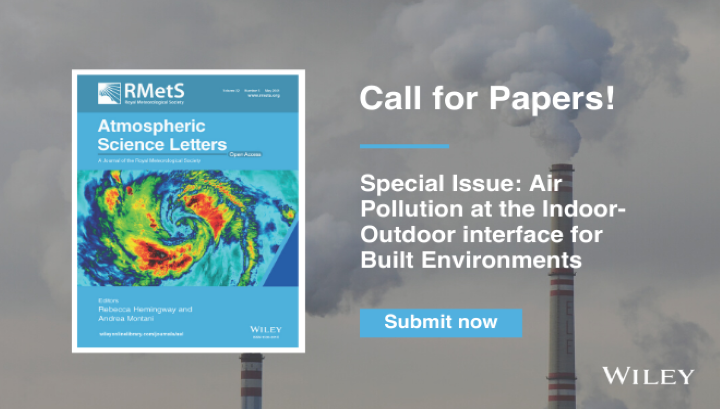International Conference on Sustainable Development in the Building and Environment (SuDBE) is an International Academic Conference in the field of the Built Environment. It was founded by Chongqing University and has been held for 10 consecutive sessions, including the University of Reading and the University of Cambridge. Topics include low-carbon green buildings; green civil structures and underground engineering; healthy and comfortable indoor environment; low-carbon construction; low-carbon energy systems; smart operation and maintenance; urban sustainability and low-carbon ecological development.
The 10th International Conference on Sustainable Development in Architecture and Environment (SuDBE2021) was held in Chongqing on December 10th to 12th, 2021. The theme of the conference was “Green Building Helps Emission Peak and Carbon Neutrality”, aiming to help the country’s “dual carbon” strategy and practice green and low-carbon development.
A total of 21 Conference Keynote Reports and 7 Thematic Forums were set up in this Conference. 150 experts from 9 countries and regions including China, the United Kingdom, Norway, Germany, Finland, and Sweden were invited to make academic reports.
At the same time, the Conference also set up two sub-forums of Student Speech Contest. The themes of the two sub-forums were green building and energy saving as well as indoor environment and thermal comfort. 56 students from more than 20 universities, including University of Reading, Tsinghua University, Chongqing University, Southeast University and Tianjin University gave wonderful academic reports on their personal research. The students actively expressed their academic views and shared their academic ideas.
According to the scores of on-site experts, each of these two thematic forums finally selected 1 first prize, 2 second prizes and 5 third prizes of the Best Academic Report Award.
Wenbo Wang won second prize in sub-forum speech competition by presenting his research. He aims to develop a robust and fast microclimate modelling approach that can be used to predict detailed spatial distributions of flow, temperatures, and scalar fields inside complex urban areas at district scale.
In his research, a simulation method adopting a zonal nodal airflow network model for urban microclimate predictions was proposed to support a range of urban planning options in quickly at district scales. The zonal model provides relevant information on climatic variables for strategic decision makings process at the early stages of building design and development. The outside space surrounding buildings is divided into finite number of air zones that exchange mass and energy through interface separating them. Additionally, Satellite image recognition and data processing based on raster data format are introduced to quickly build or modify information models of buildings and the surrounding environment used
for simulation.

